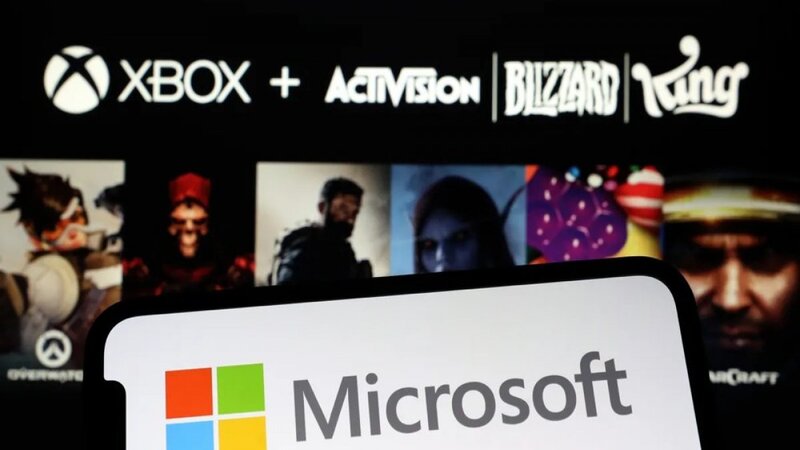The Federal Training Commission (FTC) has moved forward with an antitrust lawsuit against Microsoft, and is seeking to block their $70 billion buyout of video game company Activision Blizzard. Some regulatory bodies have opposed this merger because of the harm it could cause to competitors and consumers. Microsoft is already being investigated by the UK’s Competition and Markets Authority (CMA) and the European Commission (EC).
The FTC’s lawsuit is the latest move to crack down on this buyout. If this buyout goes through, it will become the largest acquisition in video game history and be Microsoft’s biggest merger to date.
“The proposed acquisition would continue Microsoft’s pattern of taking control of valuable gaming content,” the complaint states. “With control of Activision’s content, Microsoft would have the ability and increased incentive to withhold or degrade Activision’s content in ways that substantially lessen competition—including competition on product quality, price, and innovation. This loss of competition would likely result in significant harm to consumers in multiple markets at a pivotal time for the industry.”
Microsoft’s Recent Shoring Up Of Rivals’ Approval Falls Flat
Activision is one of few gaming companies that produces high-quality games for multiple devices. They release these games on various platforms, irrespective of their producer. Diablo and Overwatch are two of their biggest productions, while their marquee franchise, Call of Duty esports, has generated about $27 billion in revenue since its first release in 2003.

Image Credit | Primetel
In light of all the opposition from regulatory bodies and Sony, Microsoft have been aggressively attempting to get their competitors on board with the merger. They recently announced their intention to strike a deal with Nintendo and Steam, and agreed to release the Call of Duty series on those platforms for the next 10 years. They reportedly offered the same deal to Sony, who rejected the three-year plan that was originally offered, and haven’t accepted the latest one either. The FTC, unlike Valve and Nintendo, isn’t buying those assurances.
History Is Not On Microsoft’s Side As Far As FTC Are Concerned
The FTC’s complaint notes that Microsoft has acquired over ten third-party studios in recent years and gone on to make those acquired titles exclusive to their own consoles and/or subscription services. This eliminates the consumer’s option to play these titles on other consoles or platforms and strengthens Microsoft’s position overall.
The complaint cites Microsoft’s acquisition of ZeniMax in 2021, the parent company of the well-known game developer, and publisher Bethesda. In much the same way they’re doing now, Microsoft had assured the European Commission (EC) during their antitrust review of the merger that they wouldn’t have the incentive to withhold ZeniMax titles from rival consoles. The EC granted its approval, but Microsoft quickly went back on their word and publicly announced that they were planning to make several of their newly acquired ZeniMax titles – including Starfield, Redfall, and Elder Scrolls VI – Microsoft exclusives.
In a nutshell, the FTC is turning a deaf ear to Microsoft’s promises that this deal will, in the words of their President Brad Smith, “expand competition and create more opportunities for gamers and game developers.” In fact, they seem to think that the opposite is more likely – that if the merger goes through, it will lessen competition and create a monopoly across multiple markets. The buyout will lead to the creation of a single firm with the ability and increased incentive to use their ownership of the Activision titles to disadvantage Microsoft’s competitors.
“Microsoft has already shown that it can and will withhold content from its gaming rivals,” Holly Vedova, director of the FTC’s Bureau of Competition, said in a statement. “Today we seek to stop Microsoft from gaining control over a leading independent game studio and using it to harm competition in multiple dynamic and fast-growing gaming markets.”
The FTC entering this conversation is perhaps the first real signal of there being significant stress on Microsoft. The tech giant will be all too aware of FTC’s track record, which involves similar questions asked of deals and decisions made by Apple, Google, and most recently Meta. The whole saga has involved a lot of PR moves on both Microsoft and Sony’s parts over the last month, but the real battle might have only just begun – and the possibility of this deal not going through has only increased, as Microsoft’s regulatory challengers around the world now have someone playing on Microsoft’s own turf.
